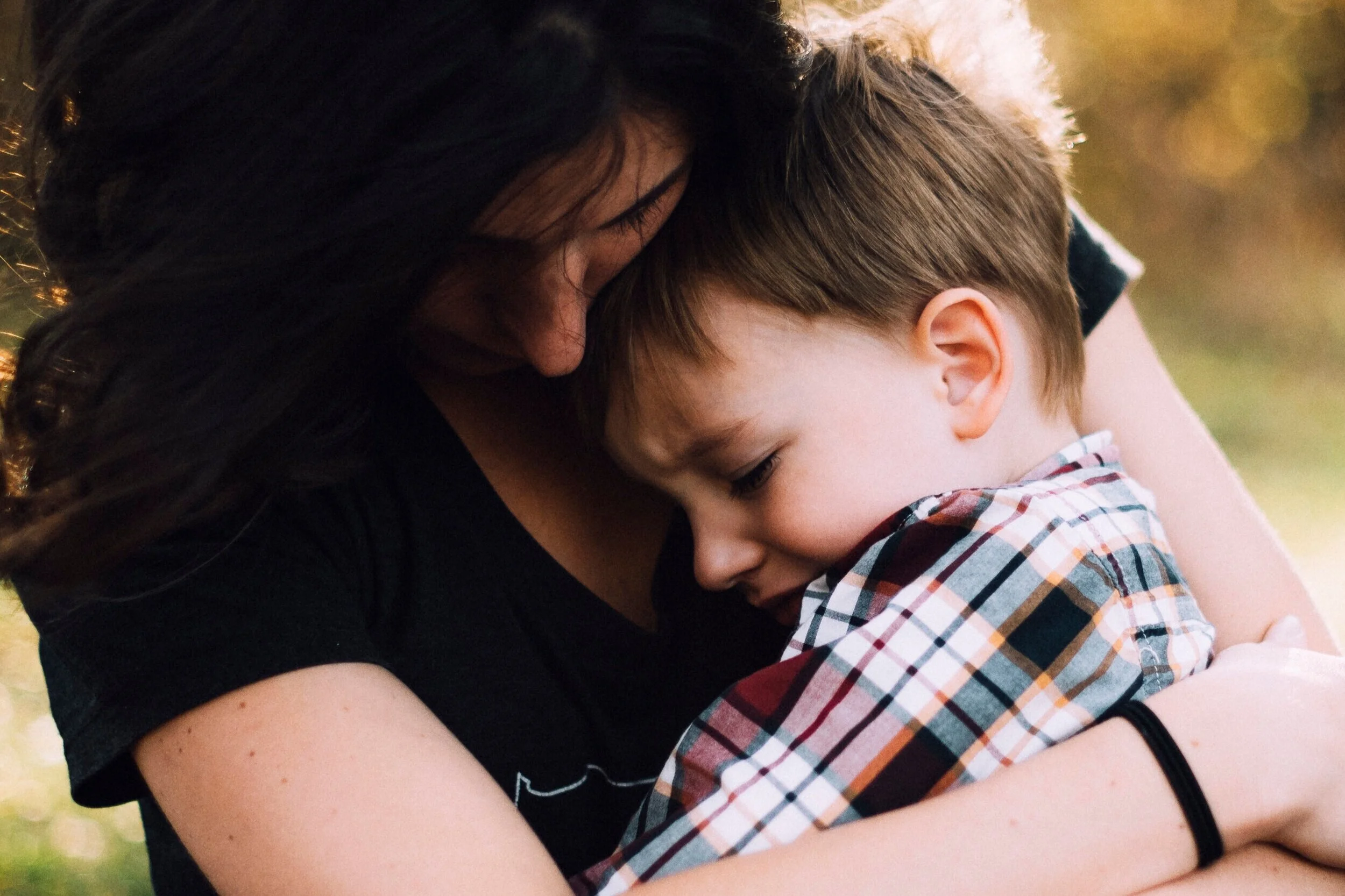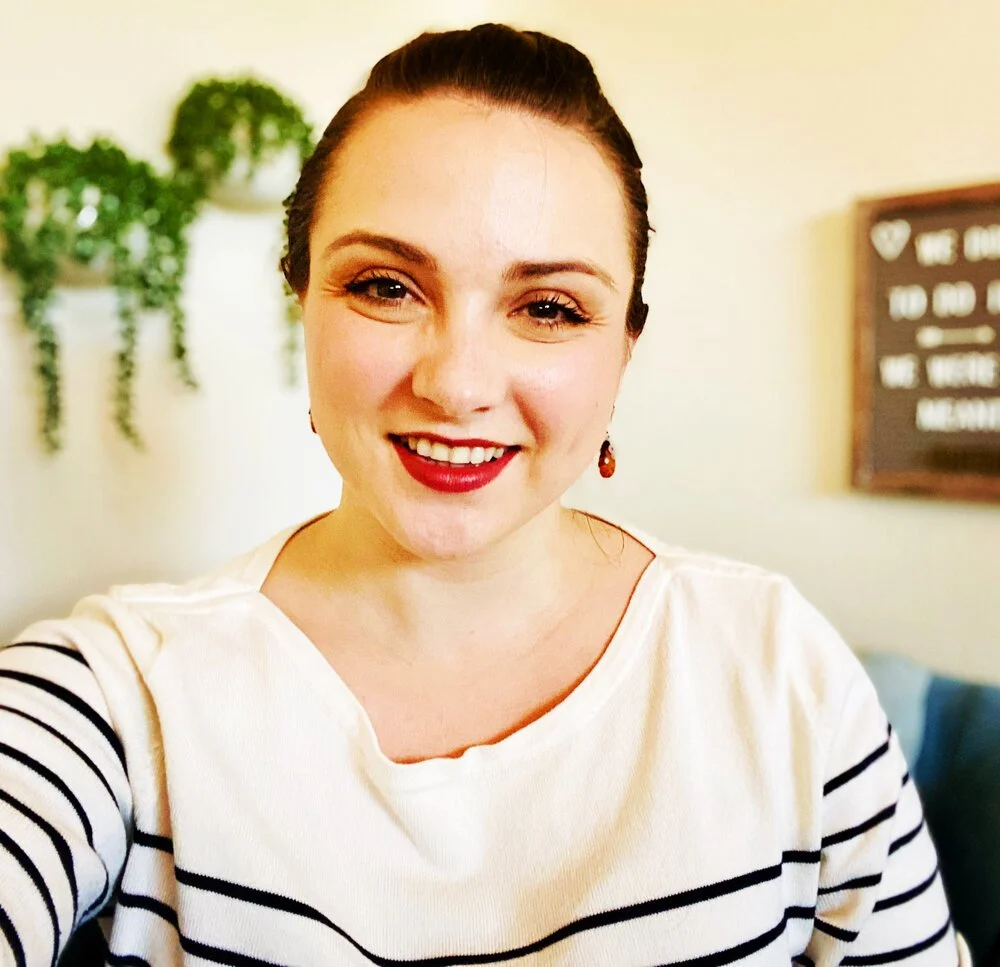PCIT for ADHD: Therapy & Parent Coaching for ADHD Behaviors
If you are parenting a child with ADHD, you may be feeling overwhelmed, overstimulated, and totally burned out. Maybe your child has a hard time slowing down enough to focus. Or they have big feelings more than their peers and struggle to cooperate. You want your child to feel successful! But with so much struggle around daily tasks, it can be hard to know where to look for help.
Many parents in this situation wrestle with tough decisions. "Should we seek a formal ADHD diagnosis? What kind of therapy is right for ADHD-like behaviors? Is medication necessary—or even helpful—for my child?"
If you're searching for parenting techniques for ADHD or wondering how to help a child with ADHD without medication, you’re in the right place. PCIT (Parent-Child Interaction Therapy) is a powerful parent-child coaching approach. It has impressive research support for improving emotional and behavioral problems that are common in kids with ADHD. PCIT works by targeting core ADHD symptoms, emotion regulation, and behavioral responses. It accomplishes change through coaching clear parent communication and positive availability. And it supports you too.
Understanding ADHD Child Behavior Problems
Are you parenting a preschooler who climbs the furniture? Or a middle schooler who finds transitions challenging? It can be hard to know the "right way" to approach behavior problems in neurodivergent kids. For kids with ADHD, these "behavior problems" are usually better explained by core biological differences in attention, regulation, and executive functioning.
Inattention, Hyperactivity, & Impulsivity – These core features of ADHD are the ones used to provide a diagnosis. A single feature can be present in kids with ADHD Inattentive Type or ADHD Hyperactive/Impulsive Type. Or they can happen all together in a child with ADHD, Combined Type. These are the symptoms that tend to get kids in trouble at school or annoy adults. They make it harder for them to stay on task and more likely to cope in ways that adults may not understand.
Executive Functioning — Most children with ADHD also struggle with at least one executive function. These are skills like...
Planning
Organizing
Shifting gears
Initiating tasks
Keeping many things in mind at once (working memory)
Problem solving
Reasoning
Decision-making.
Challenges in any one of these areas can make it harder for kids to make adaptive choices in the moment and the long term.
Emotion Regulation — Kids with ADHD are at higher risk for emotion regulation challenges. That means small frustrations (like a minor change in plans) can lead to big feelings that last a long time. Kids with ADHD can be extra sensitive to feeling rejected or criticized by parents, teachers, or peers. They might become emotional and defiant when they can't engage in their favorite or “hyperfocus” activity. Sensory differences can trigger intense stress and anxiety — all of which complicate behavior even more.
The Invisible Work of Parenting a Child with ADHD
Parents of kids with ADHD are some of the most dedicated, but also can be the most emotionally exhausted. Researching the “right” supports for their child can be a full-time job. Advocating for their child's education and social opportunities takes even more time. And they’re often navigating their own challenges too — whether it's their own ADHD, depression, or other neurodiversity. Conflict between caregivers is another stressor on ADHD parents. Coming to a consensus about how to handle their child’s challenges and what to do next can be a struggle.
Parents of kids with ADHD are more likely to…
Let’s face it — it’s hard to stay patient and positive after yet another meltdown. You might feel constantly overstimulated and forget strategies you meant to try. Or maybe you did try a new parenting hack that was “supposed” to work, but blew up in your face. Many parents feel guilt and wonder if they’re doing enough—or doing it “right.” That’s why any effective ADHD treatment needs to support parents as much as kids.
The Importance of Early Intervention for ADHD Treatment
The Risks of Not Treating ADHD
Many symptoms of ADHD can be recognized early, in preschool-aged children. Left untreated, ADHD symptoms can affect everything from peer relationships, to family relationships, to self-esteem and anxiety. Kids may fall behind academically, get labeled as “troublemakers,” or withdraw socially. Research shows that untreated or under-treated ADHD in children leads to a much higher likelihood of developing serious behavioral problems, clinical depression, substance abuse, and legal conflicts in later childhood and adulthood.
PCIT: A First-Line Parent Training Approach for ADHD
When it comes to treating ADHD in children, both the American Academy of Pediatrics and the CDC recommend parent behavior management training, first. For young children ages 4-6 years old, they recommend it before even giving a formal diagnosis or turning to medication. For children ages 6-12 years old, they recommend it concurrent with medication consideration. The CDC cautions against using play therapy or talk therapy to treat ADHD behaviors. They note that those models have not been shown to improve ADHD symptoms in young children.
Researchers have scoured literally hundreds of parenting programs available. They have determined that kids with ADHD have the best outcomes in programs that focus on the following:
helping parents model and coach effective emotion regulation for their children
training parents in consistent, constructive responses to challenging child behaviors
PCIT is a highly-effective parent training model that includes all the above features. Its signature approach, live parent-child coaching, helps parents apply the skills in real-time. Keep reading to learn more about the amazing research support for PCIT and ADHD outcomes.
Why PCIT is Effective for Managing ADHD Symptoms
PCIT is a structured, science-backed therapy that has been shown to improve behavior in kids for decades. There is ample research support for the use of standard PCIT for ADHD-like symptoms. Studies have consistently shown that PCIT improves attention, emotion regulation, and disruptive behavior. More recent studies have focused on PCIT outcomes specifically for kids with ADHD. Several studies confirmed that PCIT is particularly effective in kids with diagnosed ADHD from ages 4-12 years old. Newer therapy adaptations like PCIT-Toddlers and PCIT-ECo (Emotion Coaching) also teach parents new ways to effectively coach their own kids during "big emotions." These extra features have been proven effective for young children with ADHD.
Research-Supported Outcomes of PCIT ADHD Therapy
Decades of research support PCIT's positive outcomes in children, generally. Below are study outcomes focused specifically on how PCIT helps children with ADHD:
In these studies, PCIT outperformed cognitive, relaxation, and mindfulness-based therapies for improvement in ADHD symptoms.
Enhancing Emotion Regulation Through PCIT Coaching
We know that kids with ADHD and their parents have higher rates of emotion dysregulation. In real life, this looks like parents losing their cool after months and years of trying to figure out how to help their child. So increasing emotion regulation is a key target in improving ADHD family life. Here are a few PCIT adaptations that focus on emotion regulation for the whole family.
Parent-Child Co-Regulation in PCIT-Toddlers
ADHD isn’t diagnosed under the age of 4 years old. But many parents tell me that they noticed and sought help for ADHD-like behaviors as early as 18 months. PCIT-Toddlers is an adapted version focused on children developmentally between 0-3 years old. Research shows PCIT-Toddlers improves secure attachment, child behavior and parenting skills. It can serve as a treatment or a prevention of disruptive behaviors in early childhood. Therapists teach "Adult CARES" skills to keep you centered during your child’s most challenging moments. Parents also learn how to co-regulate and validate their child's big feelings. When parents can stay regulated, they can coach their child on calm down strategies, too.
Emotion Coaching in PCIT-ECo
PCIT-ECo was specifically developed for young children with ADHD, ages 3-7 years old. It follows a similar structure to standard PCIT. Add-on sessions educate families about ADHD and ADHD behaviors. The model also incorporates emotion validation and cognitive support for parents. Essentially, it supports parents becoming effective emotion coaches for their child. PCIT-ECo also introduces other ADHD-specific tools. These include parent-modeling of adaptive social problem-solving skills and empathy development in kids.
Other PCIT Adaptations
There are other PCIT adaptations for children with ADHD as well as depression or anxiety. PCIT-ED (Emotional Development for childhood depression) and PCIT-CALM (for childhood anxiety) have both had good research outcomes in children with ADHD.
Looking for PCIT ADHD Therapy in California or PSYPACT States?
As a child psychologist and certified PCIT therapist, I love bringing a personalized approach to each family I serve. Whether your child has an ADHD diagnosis or just seems “more intense” than other kids, I offer child therapy that meets you where you are in your parenting journey. In my boutique therapy practice, I limit my caseload so that I have the time to develop custom, outside-of-the-box resources for you. So whether you’re a family with neurodivergent caregivers or neurotypical parents, I am flexible and affirming. Let’s tailor PCIT to fit your values, cultural customs, and learning styles — and help you find peace in your home, together.
I’ve successfully helped families:
Manage hyperfocus and emotional meltdowns
Navigate transitions and sensory overload
Reduce power struggles and defiant behavior
Build calmer, more connected relationships
You don’t need a formal diagnosis to get help for your child. You don’t even need to know what you’re dealing with yet. If you’re wondering, “How can I help my child with ADHD symptoms?”—this is a great place to start.
Therapy for ADHD in California & PSYPACT States, and Other Services
Dr. Sabrina Stutz, PhD, doesn’t just treat ADHD. Check out her other online therapy services for individual and family therapy, chronic illness and diabetes, and other parent-child behavioral therapies (like PCIT-Toddler, PC-CARE, and CARE Class). Interested in learning more about PCIT therapy? Read our blog series on what is PCIT and how PCIT online works in your home. Reach out today or request a consultation call to get started!





